How did you get into software development - was it always your plan or did it happen spontaneously?
Even as a child, I was very interested in technical things. If something was broken at home or there were problems with the computer, I was usually the one who tried to get it working again. When I was 13, I got my first computer and got even more involved with it. Even so, I didn't realize at the time that I would go in this direction as a career. During my time at school, I initially focused on the healthcare sector because many people around me recommended it. I then did my vocational baccalaureate with a focus on healthcare and completed internships in hospitals. However, I realized that I had a different idea of my everyday working life. At my vocational college, where I later completed my Abitur, I had the opportunity to enrol in a computer science club. That was the first time I learned how to program properly - with Visual Basic. I realized how much fun it was for me. From then on, it was clear to me that I wanted to pursue a career in computer science. When I was looking for a suitable degree course, I came across bioinformatics. As I had biology as an advanced course at school, I found this combination perfect. The course ultimately opened up the path to software development for me. After completing my Master's degree, I started my career as a software developer and have now been working at DTS for over 5 years.
What do you enjoy most about your job as a developer?
What I particularly like about my job as a developer is how varied the tasks are. No two projects are the same and there are always new challenges that require creative solutions. I find it very exciting to familiarize myself with new topics, get to know new technologies and learn something new almost every day. What also motivates me is that special feeling when you have solved a problem that seemed almost insurmountable at first. Especially with complex tasks that take a while to work on, the satisfaction afterwards is all the greater. For me, it often feels like a small success that keeps you going. Another thing I really appreciate is that working as a developer never gets boring. It requires not only technical skills, but also a lot of creativity and logical thinking. This mixture is what makes the job so special for me.
And what are the most exciting trends in software development for you at the moment?
At the moment, I find the field of artificial intelligence particularly exciting. It's a topic that's everywhere at the moment - including in our company. The opportunities opened up by AI are huge and diverse. Artificial intelligence can optimize processes, support decisions or enable completely new solutions almost everywhere and in every area. Of course, there are also challenges alongside the many opportunities. Especially when dealing with sensitive data or the transparency of decisions, AI technologies should be used very consciously and responsibly. But it is precisely this balance (driving innovation forward while keeping an eye on ethical issues) that makes the topic so exciting for me. I believe that we are only at the beginning of a very big development here and it will be very interesting to see how the role of developers will change in the future.
Scrum, Kanban or something of your own: How do you prefer to organize your work?
In my department, different process models are used depending on the project. This also makes a lot of sense because not every project has the same requirements. At the moment, I personally work according to the Kanban model. This model gives you a good overview of all tasks and you can react flexibly to changes. In my opinion, Kanban is best suited to projects that are dynamic and evolve quickly.
You also work for us as a trainer. What is particularly important to you when you introduce new talents to programming?
For me, it is particularly important that new apprentices have passion and a genuine interest in the job. Especially at the beginning, things don't always run smoothly straight away. That's why it's more important to motivate apprentices to keep at it and not lose their enthusiasm. I also think it's very important to convey that there are no “stupid” questions and that mistakes are simply part of the learning process. It is crucial that you learn from your mistakes and develop step by step. I also attach great importance to ensuring that the apprentices never feel left alone. I always try to be there to lend a helping hand and create an environment in which they feel confident to ask questions and contribute their own ideas.
As you said, learning doesn't always go smoothly and that's normal. What was one of the biggest challenges you experienced as a developer or trainer - and how did you deal with it?
One of the biggest challenges for me was learning new technologies where I didn't understand everything straight away. Especially with more complex topics, it was important for me to first understand the big picture before I delved deeper into the details. I realized that it helps me a lot to use different sources. So not just a book or a tutorial, but comparing different approaches. I also tried to summarize what I had learned in my own words or even explain it to others. This often helped me to really understand a topic. As I am a very visual person, I also like to work with graphics or watch explanatory videos. Visual representations help me to understand connections more quickly. Overall, I have learned to be patient with myself and to proceed step by step instead of being put off by the complexity.
If you were allowed to invent a programming language - what would it definitely have to be able to do?
If I could invent a programming language, it would probably be one that can directly read the developer's mind. Because let's face it, there are always those moments when you know exactly what you want, but you just can't get it formulated the way you want it. A programming language that would understand what you're thinking before you even type it would be incredibly handy.



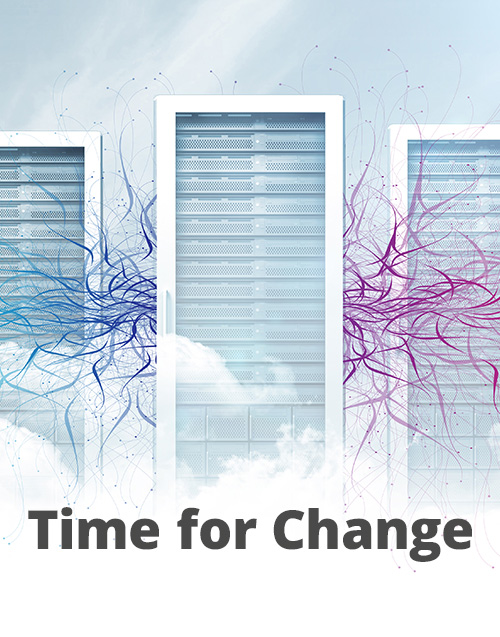
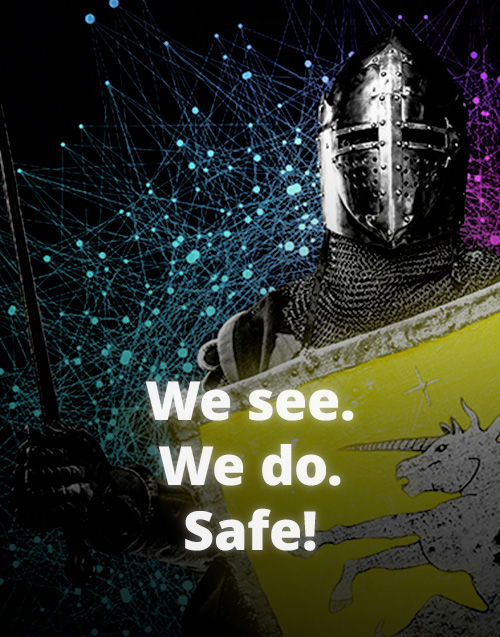


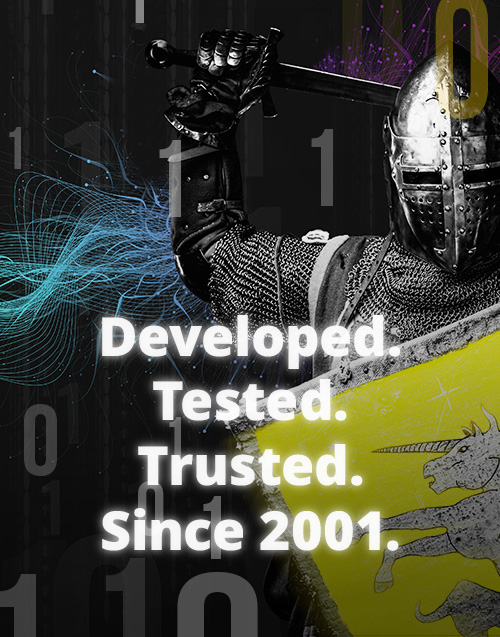


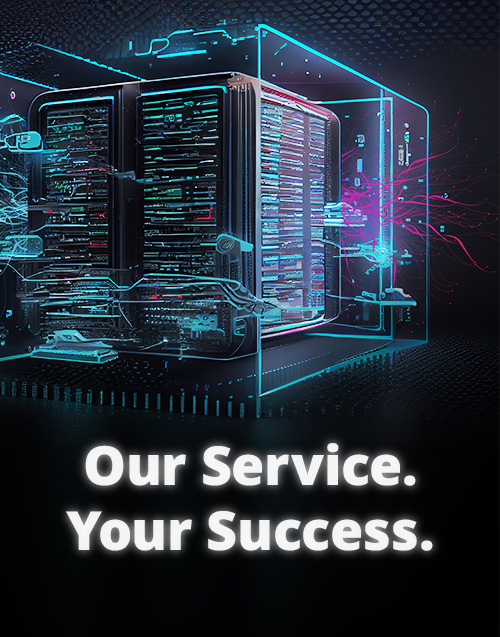



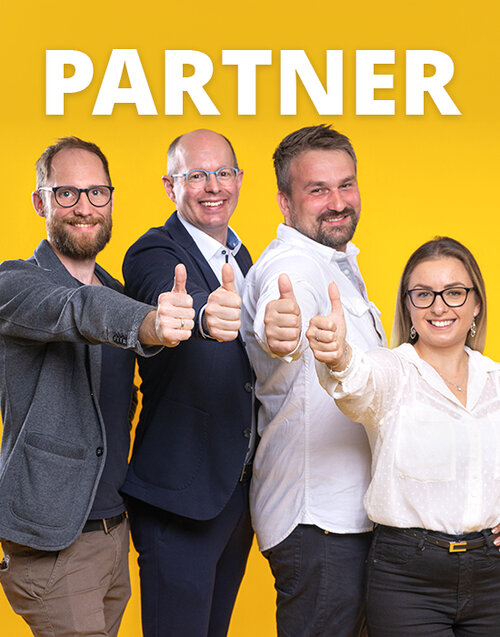

![[Translate to English:] [Translate to English:]](/fileadmin/dts/BILDER/IT-Wissen/Mitarbeiterblog/sofia3.jpg)